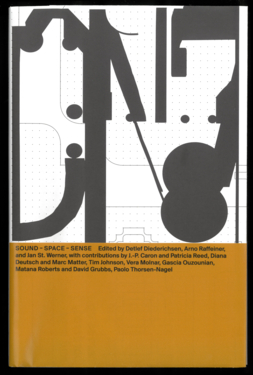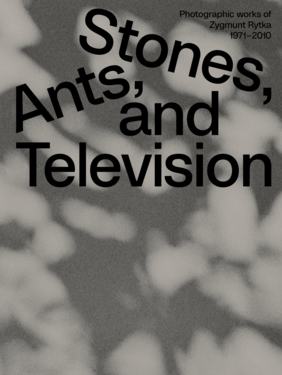Unearthing the Music. Footnotes on Sonic Resistance in Non-democratic Europe 1950–2000 ist das Finalstück eines von Portugal ausgehenden internationalen Projekts, das ein Online-Archiv für experimentelle Underground- und Protestsounds begründet hat. Dieses umfasst sowohl den „Realsozialismus“ Osteuropas als auch die oft vergessenen Regime Spaniens oder Portugals und die griechische Militärdiktatur. Vorgestellt werden wesentliche Aspekte dieses Spektrums: das Verhältnis zum Staat und das Verlangen nach Ausbruch sowie die Kraft der Gegen-Gemeinschaft, aber auch Enttäuschungen nach der Befreiung. Es geht dabei u.a. um Jazz in Polen und in der DDR, Konzept-Postpunk in Jugoslawien, staatliche Studios für elektronische Musik, Roentgenizdat- und Magnetizdat-Produkte, Frauen in der Subkultur, rumänische Avantgarde, iberischen Punk und ukrainischen Underground. Eine Entdeckungsreise, die mit zahlreichen Fotos zum Vertiefen einlädt.
Rui Pedro Dâmaso lebt als Musik- und Soundkurator in Barreiro, Portugal. Er ist Autor und Betreiber des Projekts Unearthing the Music und Mitgründer und Leiter der Gruppe OUT.RA, die Musik- und Filmfestivals und Archivprojekte organisiert. Alexander Pehlemann, Provinzpunk, Kunsthistoriker, Kurator, Compiler, Sub-Label-Betreiber, Autor, DJ, Dub-Mixer und Herausgeber arbeitet mit Kulturny Dom Lipsk / Salon Similde zusammen und wirbt für die Neue Sorbische Kunst. Lucia Udvardyova ist Musikjournalistin, Kuratorin, Organisatorin und Musikerin. Sie ist Mitgründerin des Projekts Easterndaze, das den aufkommenden Undergroundszenen in Mittel- und Osteuropa gewidmet ist, und des Tape-Labels Baba Vanga. Sie arbeitet für die paneuropäische audiovisuelle Plattform SHAPE und ist Filmkuratorin bei WOMEX.
Text: Chris Bohn, Daniel Muzyczuk, Ivo Pospisil, Jelena Petrovic, Juraj Duris, Ksenija Stevanovic, Mara Traumane, Paula Guerra & Ana Oliveira, Pavla Jonssonova, Rui Eduardo Paes, Sergio Blardony, Stephen Coates, Zoran Pantelic, Wolf Kampmann, Hannelore Fobo, Octav Avramescu, Chris Cutler, Alexander Pehlemann, Trever Hagen, Yuriy Gurzhy, José Mendes
←
Unearthing the Music
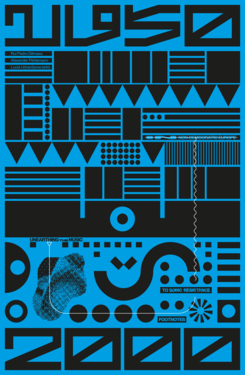
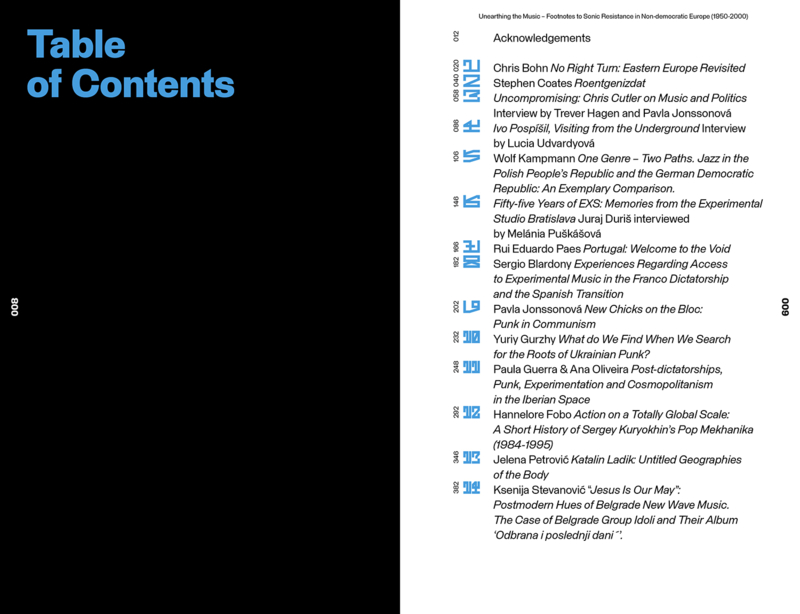
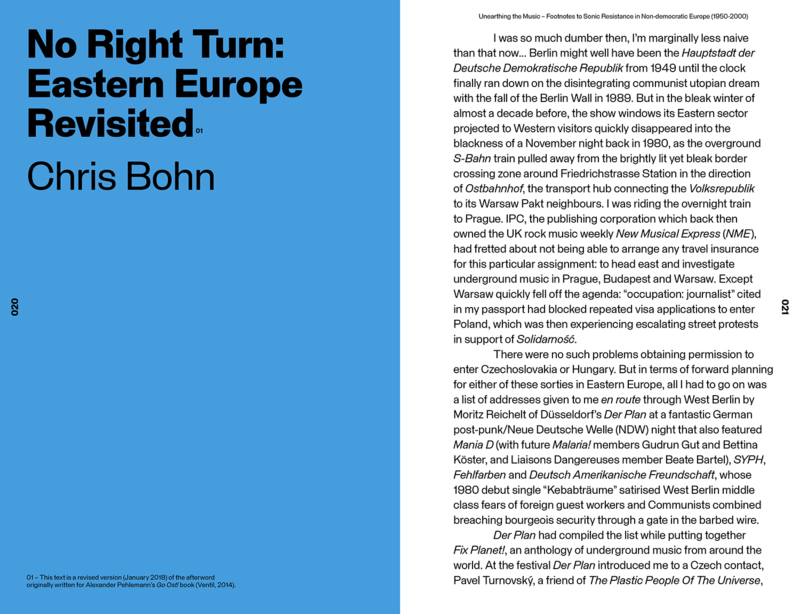
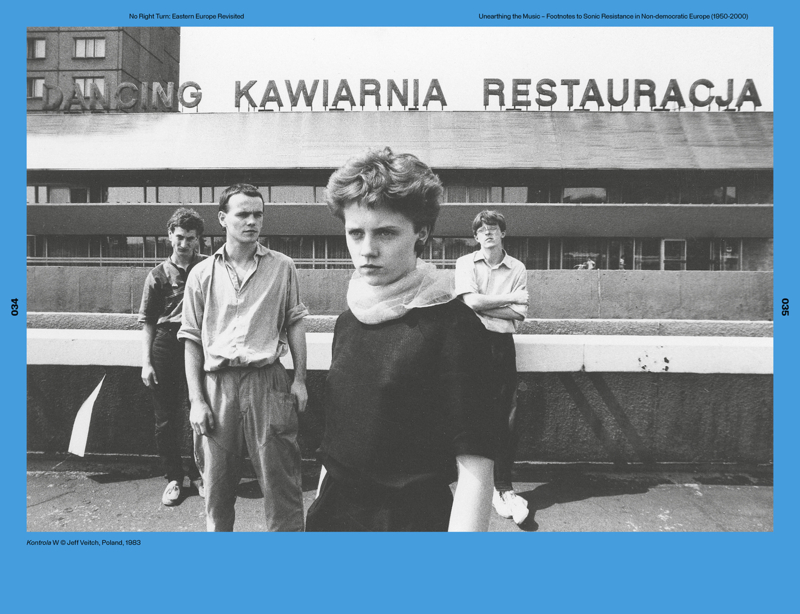
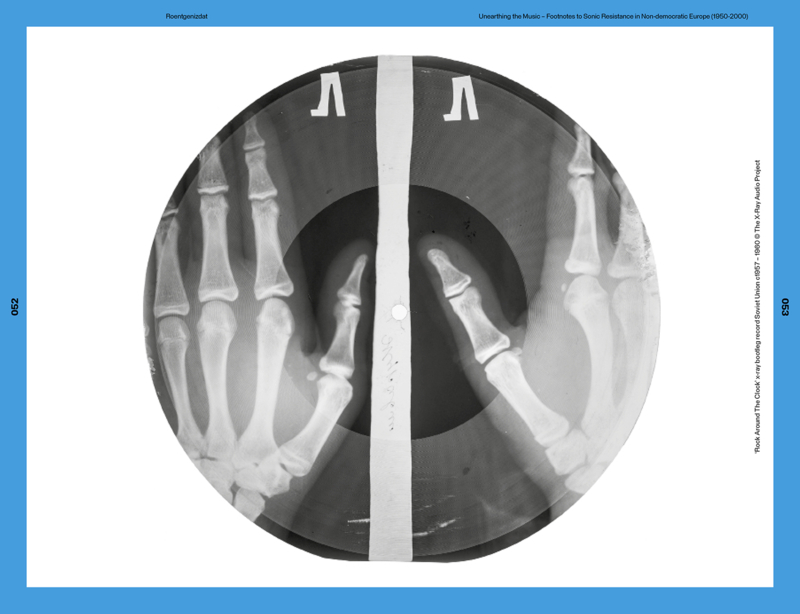
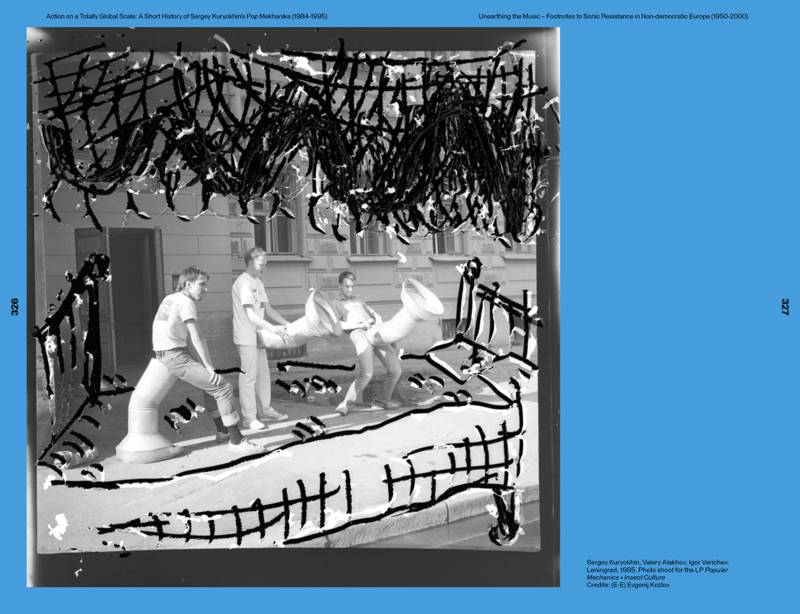
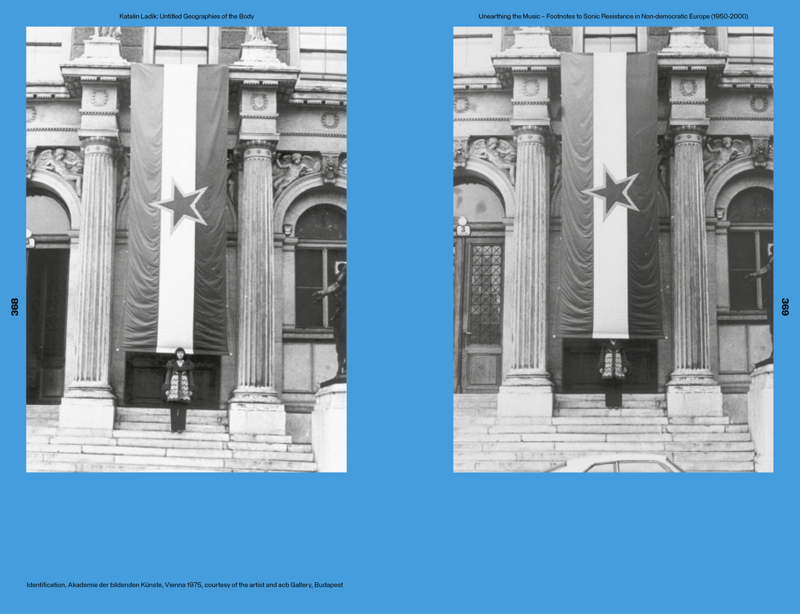

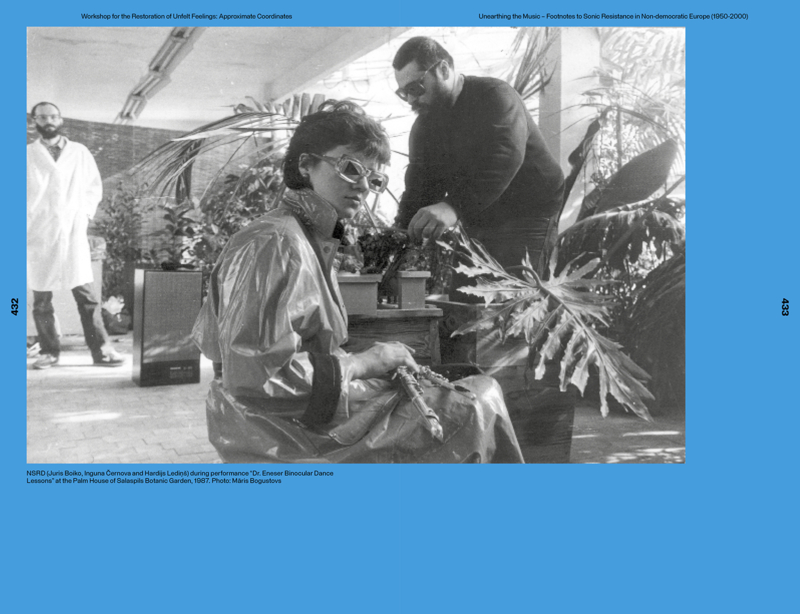
Unearthing the Music
Footnotes to Sonic Resistance in
Non-democratic Europe (1950-2000)
Alexander Pehlemann/Rui Pedro Dâmaso/Lucia Udvardyova

624 Seiten
mit zahlreichen s/w-Abbildungen
Softcover
Leipzig März, 2025
ISBN: 9783959055406
Breite: 15 cm
Länge: 23 cm
Sprache(n): English
Editor
Alexander Pehlemann, OUT.RA – Associação Cultural, Rui Pedro Dâmaso, Lucia Udvardyova
Designer
José Mendes








Besprechungen
Unearthing the Music. Footnotes to Sonic Resistance in Non-democratic Europe (1950–2000)
Unearthing the Music. Footnotes to Sonic Resistance in Non-democratic Europe (1950–2000)" is a heavy book in every sense, more than six hundred pages that read like an atlas of sound carved out of repression. It is the final piece of a long project that began in Portugal as an online archive of underground and protest music, and here the archive breathes in print, full of stories, interviews, photographs, and testimonies that show how sound slipped through cracks in the walls of censorship. What makes it compelling is not just its encyclopedic scope, though that is impressive, but the way it captures the contradictions of resistance: music as escape and defiance, but also as compromise, disappointment, and the awkward hangover of liberation.
In the end the book feels like what it promises: a set of footnotes. But they are footnotes that sing, scream, and sometimes weep. They remind us that culture under pressure does not simply vanish; it mutates, it hides, it improvises new channels. And if history often forgets these sounds, "Unearthing the Music" digs them back up, dusty but alive, proof that even in silence someone was always making noise.
→
Unearthing the Music. Footnotes to Sonic Resistance in Non-democratic Europe (1950–2000)" is a heavy book in every sense, more than six hundred pages that read like an atlas of sound carved out of repression. It is the final piece of a long project that began in Portugal as an online archive of underground and protest music, and here the archive breathes in print, full of stories, interviews, photographs, and testimonies that show how sound slipped through cracks in the walls of censorship. What makes it compelling is not just its encyclopedic scope, though that is impressive, but the way it captures the contradictions of resistance: music as escape and defiance, but also as compromise, disappointment, and the awkward hangover of liberation.
In the end the book feels like what it promises: a set of footnotes. But they are footnotes that sing, scream, and sometimes weep. They remind us that culture under pressure does not simply vanish; it mutates, it hides, it improvises new channels. And if history often forgets these sounds, "Unearthing the Music" digs them back up, dusty but alive, proof that even in silence someone was always making noise.
→
The Wire
As an editorial object, the book acknowledges the partiality of its sources. Official archives are scarce and, when they do appear, they are framed by authority. Instead, the project relies on oral testimony, ephemera, and circulating artefacts to counter dominant narratives. What emerges is not a seamless history but a usable one: in the editors’ words, these are the footnotes to sonic resistance. Taken together, they form a persuasive archaeology of political sound.
Xenia Benivolski
As an editorial object, the book acknowledges the partiality of its sources. Official archives are scarce and, when they do appear, they are framed by authority. Instead, the project relies on oral testimony, ephemera, and circulating artefacts to counter dominant narratives. What emerges is not a seamless history but a usable one: in the editors’ words, these are the footnotes to sonic resistance. Taken together, they form a persuasive archaeology of political sound.
Xenia Benivolski








